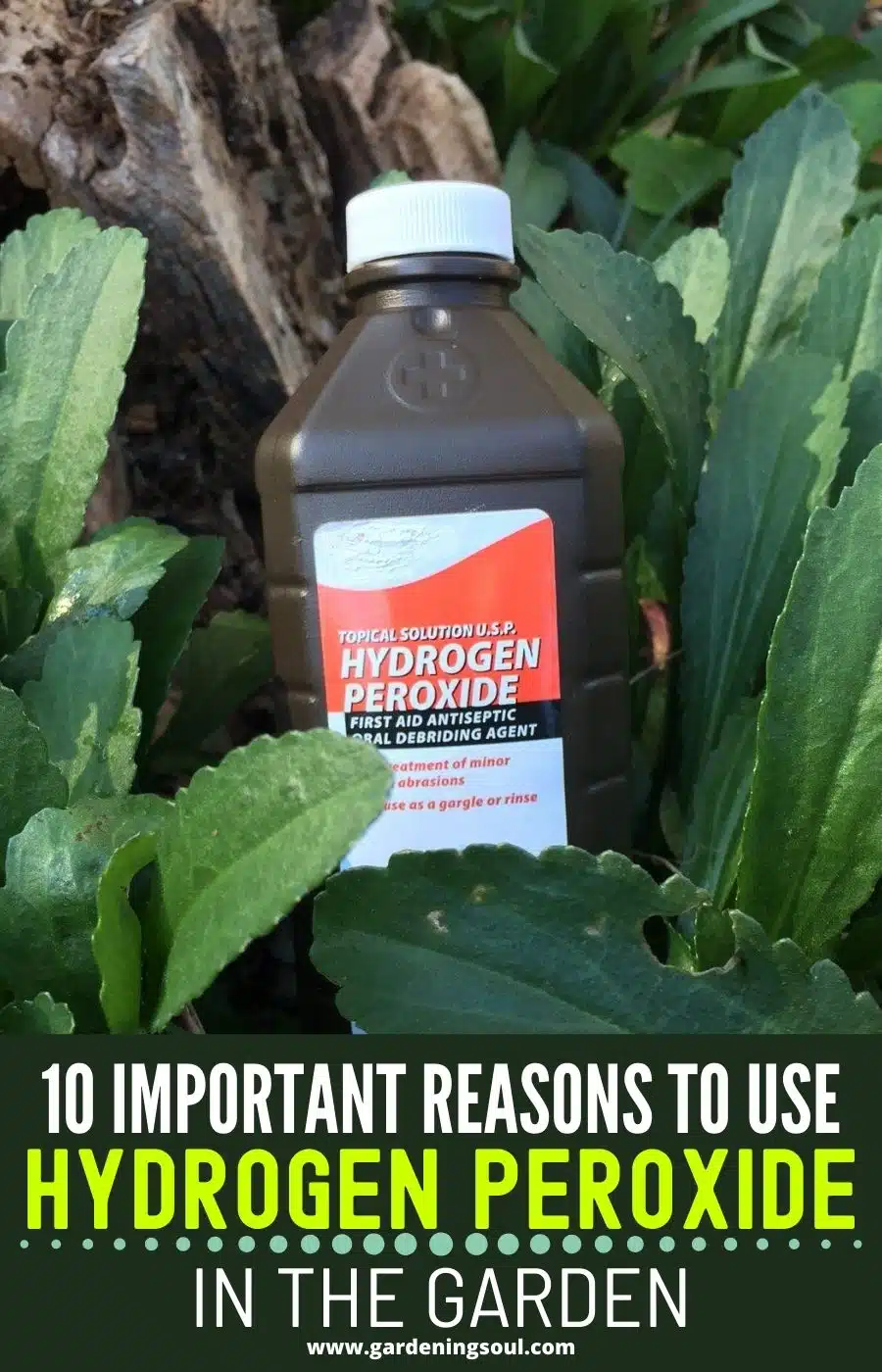
While it was first invented as a wound disinfectant and still may be used for that purpose, hydrogen peroxide has become one of the single most reliable household cleaning solutions as well, with uses in several relevant areas.Īt Healthy Homes Housekeeping, we regularly use solutions like hydrogen peroxide and other cleaners for numerous needs, from standard house cleaning to deep cleaning, move-in and move-out services and many others. He is also a former United States Peace Corps Volunteer.In part one of this two-part blog series, we went over some basics on the numerous areas of the home where hydrogen peroxide is a useful cleaning solution. He completed his residency training in emergency medicine at Lincoln Medical Center in the South Bronx. He studied Global Health at Georgetown University and has a Medical Degree from Ben-Gurion University. Michael Daignault, MD, is a board-certified ER doctor in Los Angeles. How much water do you really need? On social media, people are drinking a gallon a day. Many people take melatonin: What you should know before you do More like this: Which supplements are most likely to land you in the ER? Seek medical attention for larger wounds that require further evaluation and primary wound closure with sutures. Then cover it with a clean dressing for smaller cuts and scrapes. Contrary to another popular medical myth, there’s also no evidence that high-pressure irrigation works any better than simply rinsing the wound. I advise patients to simply irrigate the wound with water from a trusted source – from the faucet or from bottled water if you find yourself out in nature and needing to care for an injury. The bottom line is that hydrogen peroxide and other caustic first aid antiseptics like rubbing alcohol should not be used to clean fresh open wounds.
#Uses for hydrogen peroxide skin#
And you’ll need to head to the ER as these skin lesions will need additional treatment as a thermal burn.

If you experience severe pain or burning sensation, contaminated skin should be immediately rinsed with copious amounts of water. Severe toxicity from skin application could include inflammation and blistering. While you may think you are thoroughly cleaning your wound, you are causing corrosive tissue damage, significantly impairing the healing process, and irreversibly worsen the scarring process. Hydrogen peroxide unfortunately does not discriminate between bacteria cells and our own cells. Blood vessels then dilate to allow fresh nutrients and oxygen to flow to the area and facilitate healing.Īs you can see, multiple cells are immediately involved in the wound protection and healing process. Macrophages also secrete growth factors which help repair the wound. White blood cells called macrophages rush to the area to destroy any bacteria that got past the clot and oversee the repair process. Platelets release fibrin products to form a clot and seal the wound. Multiple cells are immediately involved in this initial response. When we get a cut or wound, no matter how big or small, our body quickly jumps into action. Hydrogen peroxide can impair our body’s quick response to a cutĪs the largest organ of our body, the skin performs an essential role in protecting us from foreign invaders such as the more than 1.5 trillion bacteria that live on it. The fizzing does actually help remove and clear debris from the open wound. When hydrogen peroxide is poured on an open wound, the catalase instantly converts hydrogen peroxide into water and oxygen – these breakdown products generate the fizzing reaction we see on the skin. Why does hydrogen peroxide fizz?īlood and most of our cells contain an enzyme called catalase. It’s a component in some tooth whitening products as well.Įveryone is talking about biotin supplements : Here's what you need to know. Hydrogen peroxide is also safely used as a contact lens disinfectant and in hair dyes. It has several safe home cleaning applications.

It has long been used for the sterilization of surfaces and surgical tools and is considered an environmentally safe alternative to chlorine-based bleaches because it is broken down into oxygen and water. It exhibits broad-spectrum activity against bacteria, viruses, yeasts, fungi and spores. The germ destroying properties of hydrogen peroxide are well-documented. Hydrogen peroxide has been used as an antiseptic since the 1920s. Do you need an 'armpit detox?' Myths about aluminum and deodorant, explained


 0 kommentar(er)
0 kommentar(er)
